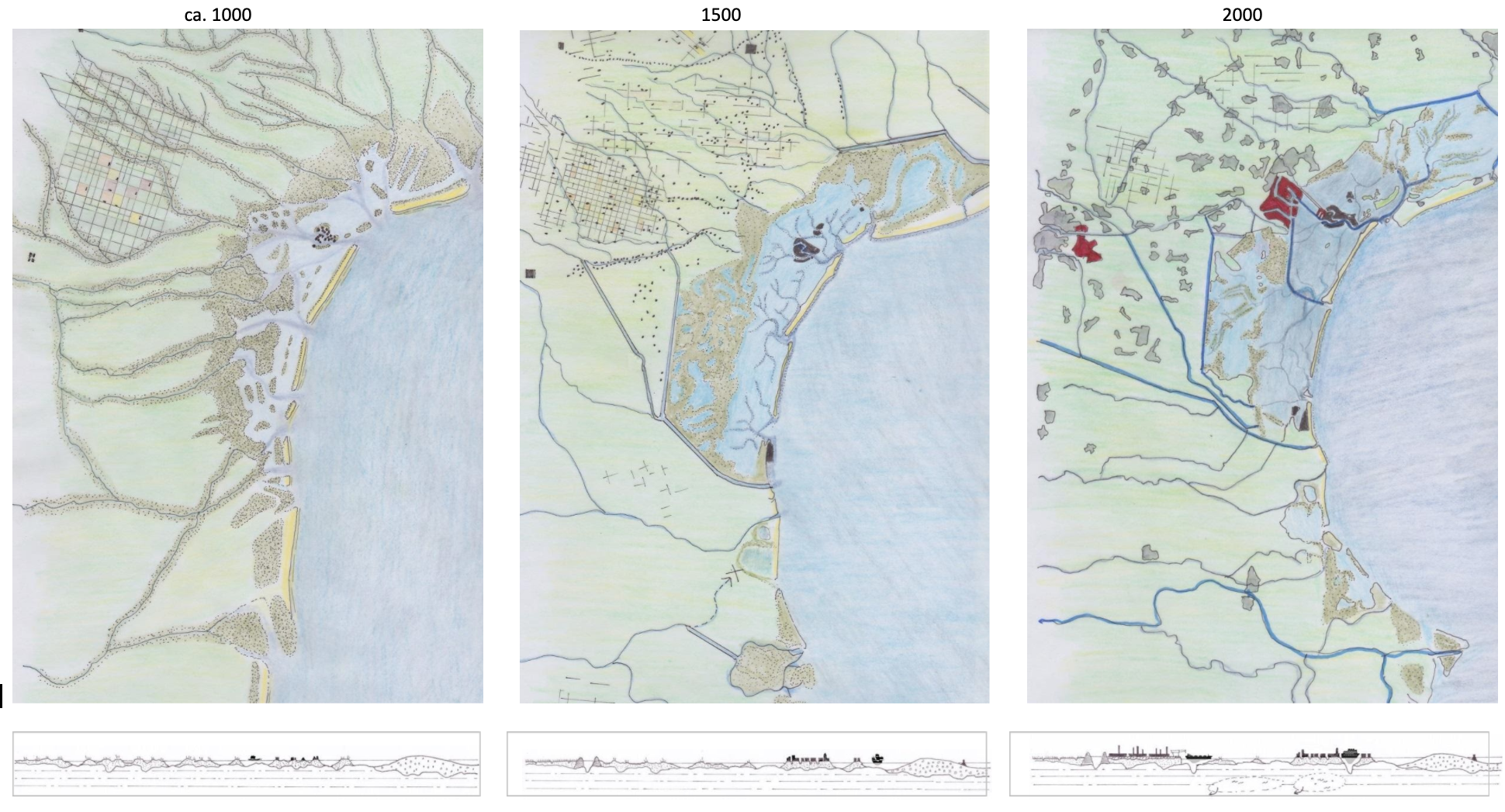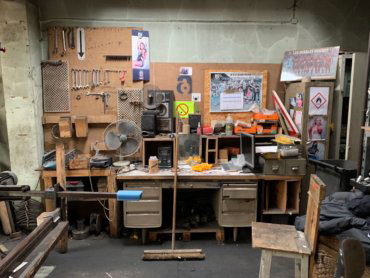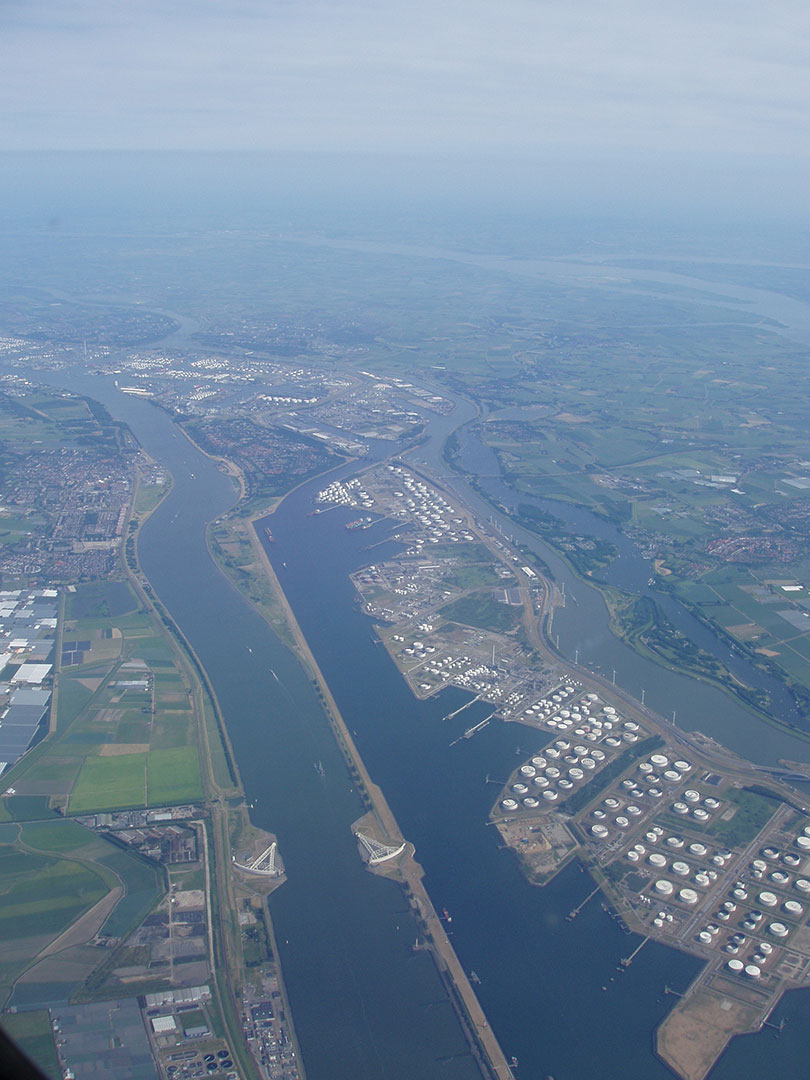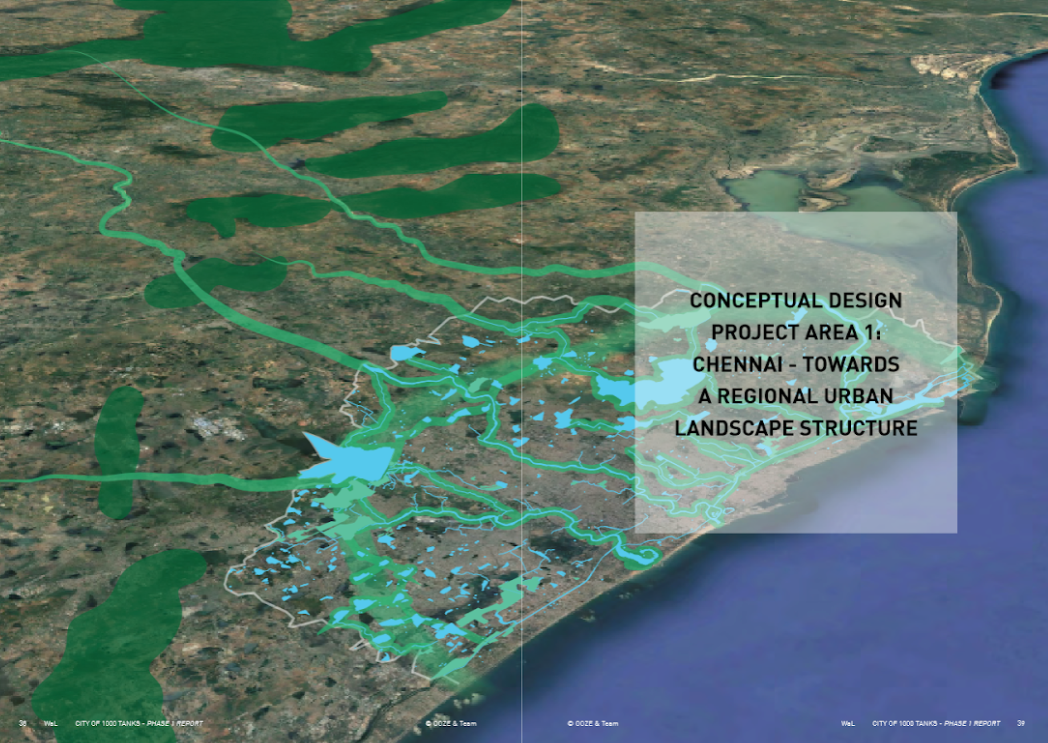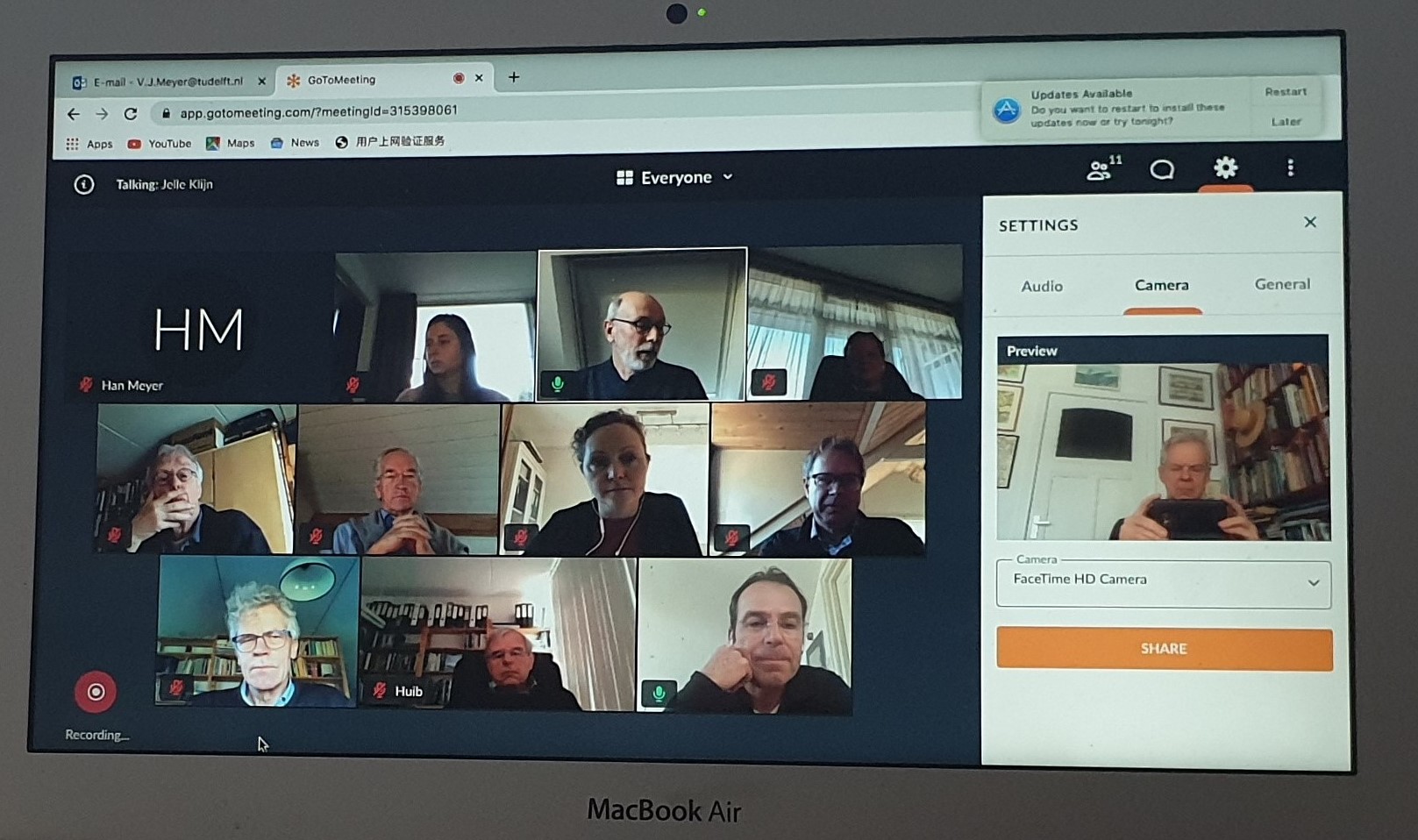TWEESTROMENLAND – LEVE(N)DE DELTASTAD, 2023.
(TWO-STREAM TERRITORY – LIVING DELTA CITY, 2023)
Entry for the 12th edition of the Eo Wijers competition ‘Where do we want to live’. Subarea: Rhine-Meuse estuary. Team: Han Meyer (TU Delft/Deltastad), Jasper Hugtenburg (H+N+S Landscape Architects), Léa Soret (H+N+S Landscape Architects), Marcel van der Meijs (Palmbout Urban Landscapes), Sarah Huijbregts (Palmbout Urban Landscapes) , Bart Kuipers (Erasmus University), Esther Blom (ARK Nature Development).
Weblink https://eowijers.nl/inzendingen/tweestromenland-levende-deltastad/


